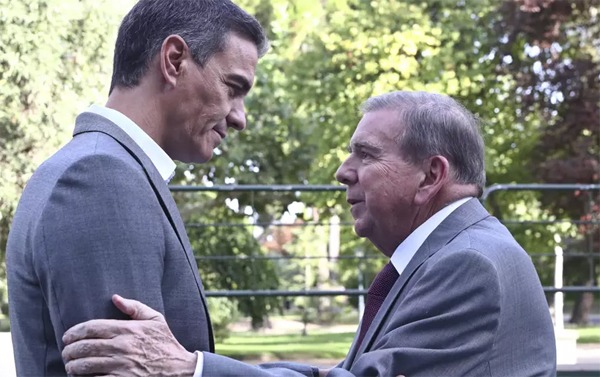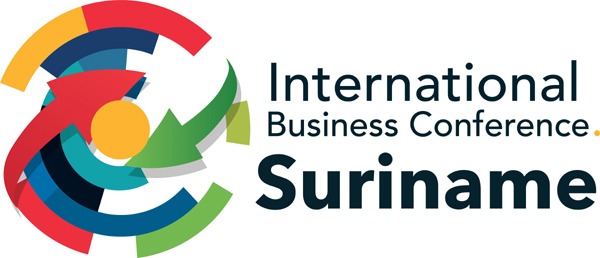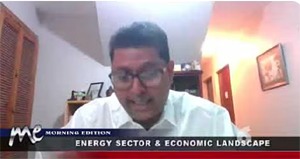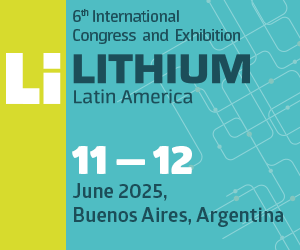
By The Economist
In the end the pressure grew too great. On September 7th, six weeks after he won Venezuela’s presidential election in a landslide, Edmundo González fled for exile in Spain. The regime of Nicolás Maduro (pictured) had accused the affable 75-year-old former diplomat of being a “war criminal” and issued a warrant for his arrest. But its real goal was to punish the opposition for releasing data proving that Mr Maduro had lost the vote in late July. Mr González’s departure, four months before he should rightfully take office, is a crushing setback for those who are still hoping to spring Venezuela from dictatorship.
Mr González was a stand-in for María Corina Machado, a wildly popular former congresswoman whom the regime had banned from running for election. She had called on her supporters to vote for the former ambassador—and they did, in overwhelming numbers. Ms Machado fully expected Mr Maduro’s creatures in the electoral council to lie about the result. So she organised the retrieval, on election day, of thousands of paper receipts from voting machines. These showed that more than 67% of votes had gone to the opposition.
The Maduro government has answered with repression and more lies. Since the election it has rounded up some 2,400 opponents, according to official numbers, most of them accused of terrorism. Many now moulder in maximum-security prisons. “There will be no forgiveness,” Mr Maduro has said.
The regime continues to peddle wild tales to support the claim that it won 52% of the vote. It says election officials could not provide a full breakdown of results because of cyber-attacks. It insists electoral observers working for the Carter Centre, an American NGO, were part of a coup plot. Protesters, it claims, are mostly drug addicts. “The extent of this government’s dishonesty has left me angry and speechless,” says Rafa, who drives a motorbike taxi in Caracas, the capital.
Ms Machado has pledged that Mr González will “continue the struggle” from exile. But after arriving in Madrid he issued a statement that bore a whiff of resignation. “Only the politics of dialogue can bring us together as compatriots,” he said on September 9th. The next day his daughter read supporters a punchier message from her father, in which he says, “I will not let you down.” He has not yet made explicit whether he is still intending to assume the presidency in January.
Sources in Caracas speculate that he may be speaking carefully out of concern for relatives who remain in Venezuela. Now that Mr González is out of the country, Mr Maduro has begun to praise him. “I can understand the step you have taken, and I respect it,” smiled the president, shamelessly.
This is hardly the first time the regime has driven challengers into exile. In 2020 Leopoldo López, an opposition leader, left for Spain vowing to continue the struggle from a place of freedom. His star has faded: last month he was loudly booed when addressing a mostly anti-regime crowd in Madrid. Consider also Juan Guaidó, who in 2019 became leader of an “interim government” created by the opposition. He went into exile in 2023 and now lives in relative obscurity in Florida.
All this throws the spotlight back on Ms Machado, by far the opposition’s most potent figure. She is the daughter of a wealthy industrialist whose factories were expropriated by Mr Maduro’s predecessor, Hugo Chávez. She won opposition primaries last October with more than 93% support. The regime banned her from standing, but that did not stop her campaigning all across the country. She promised to reunite Venezuelans with loved ones who have fled from oppression and economic collapse.
Since Mr González’s departure, she has told Venezuelans that she will continue fighting “here, alongside you”. She declared on X that “the fight is UNTIL THE END and victory is ours”. Unlike Mr González, she emerged to speak at protests in the weeks after the election, most recently on August 28th. On each occasion she quickly melted back into the crowds, wearing a hood.
For all her courage, the situation is desperate. The most recent protests have been smaller than demonstrations that broke out immediately after the election. The army has ignored her calls to defend the real result. The Supreme Court, dominated by the regime, has ruled in its favour.
On September 5th Ms Machado said she wants Venezuela to become a “world cause”, like apartheid South Africa in the 1980s. Yet so far pressure from outsiders has been ineffective. Luiz Inácio Lula da Silva and Gustavo Petro, the leftist presidents of Brazil and Colombia, are thought to hold the most sway in Caracas. They say they cannot recognise Mr Maduro as president unless he can prove he won by publishing the voting machines’ printed receipts. They have also tried to persuade the regime to talk to the opposition to find a compromise. Yet on all counts they are failing. It is said that Mr Maduro will not even pick up the phone.
The regime’s next move could be against Ms Machado herself. She says she is in Venezuela, in hiding, but it seems improbable that the authorities have no clue at all about where she is. Her arrest would spark fresh protests and attract widespread condemnation abroad. Rick Scott, a Republican senator from Florida, has said there will be “hell to pay” if Mr Maduro “harms or arrests” her. That would doubtless include renewed calls for America to reimpose sweeping sanctions on Venezuela’s oil industry, which were lifted in October in the hope of enticing the regime to hold a fair election and which have since been only partly reinstated.
Would any of this change Mr Maduro’s ways? “When I hand over power, when it is time, I will hand it over to a chavista president,” he said on September 2nd, referring to the leftist movement founded by his predecessor. His regime survived “maximum pressure” sanctions imposed by the United States under Donald Trump. On August 27th Mr Maduro made his vice-president, Delcy Rodríguez, the new oil minister; some see that as preparation for renewed sanctions. Her role could be “to do a better job of getting paid in the black market”, says Francisco Monaldi at Rice University in Houston, Texas.
Venezuelans fear the worst. “On July 28th I went with my entire family and we all voted for Edmundo González,” says a shop assistant in Caracas, who declines to give her name. “We all know who won. And now he has gone. God help us.”
________________________________________________________________
The Economist is a weekly independent newspaper. It focuses on current affairs, international business, politics, technology, and culture, and is mostly written and edited in Britain. Energiesnet.com does not necessarily share these views.
Editor’s Note: This article was originally published by The Economist, on September 12, 2024. EnergiesNet.com do not reflect either for or against the opinion expressed in the comment as an endorsement of Petroleumworld or EnergiesNet.com
Venezuela’s opposition is getting smashed (economist.com)
Use Notice: This site contains copyrighted material the use of which has not always been specifically authorized by the copyright owner. We are making such material available in our efforts to advance understanding of issues of environmental and humanitarian significance. We believe this constitutes a ‘fair use’ of any such copyrighted material as provided for in section 107 of the US Copyright Law. In accordance with Title 17 U.S.C. Section 107. For more information go to: http://www.law.cornell.edu/uscode/17/107.shtml.
EnergiesNet.com 12 09 2024













